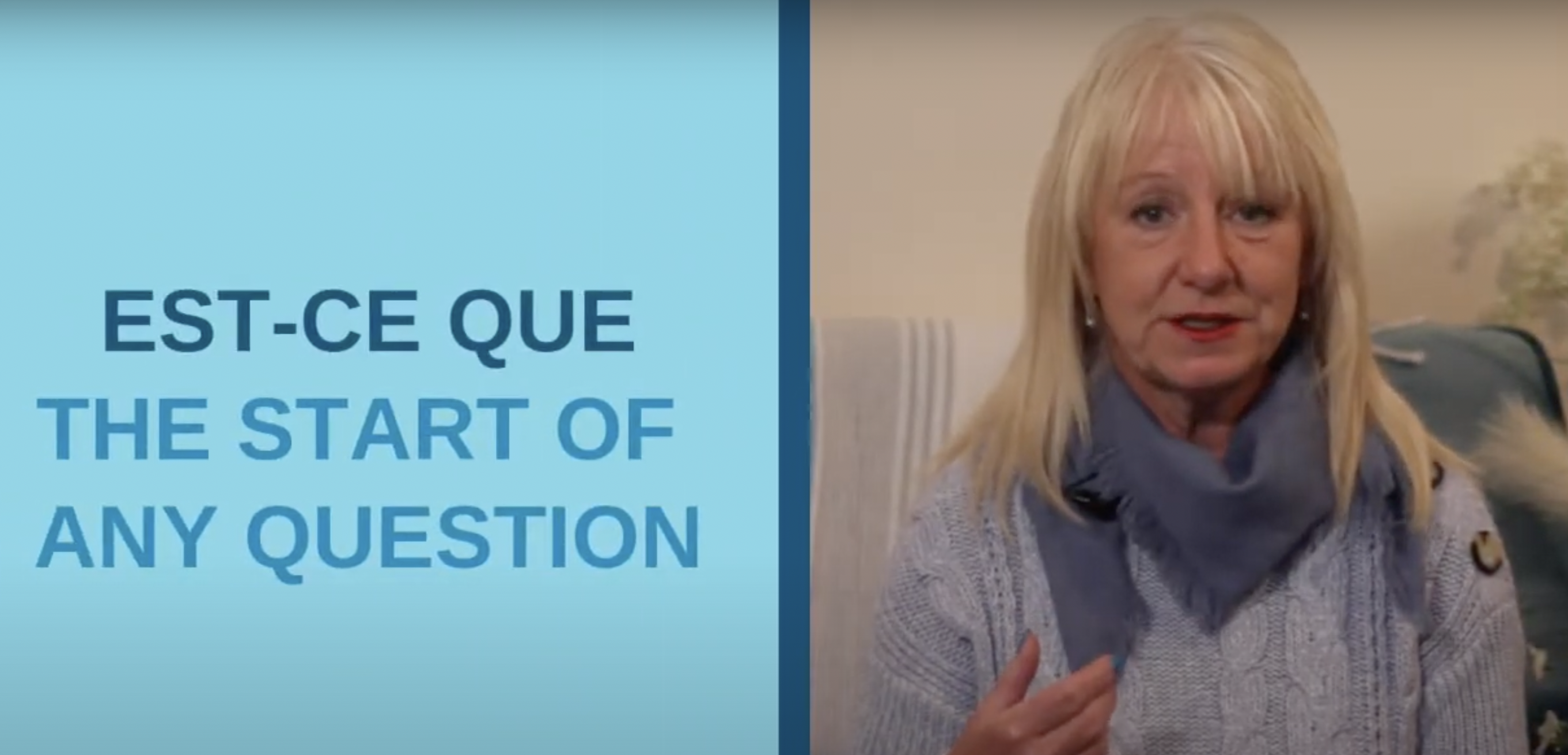How to improve speaking French
Apr 18, 2023Scripting your French conversations can actually leave you feeling worried about opening up a conversation, the exact opposite of its intent.
This is because you might be worried about making mistakes, or that you won’t be able to pronounce the words correctly, or goodness me, worried that you might even be asked to engage in a conversation with the other person!
So, for that wonderful feeling of having interacted and being understood, we need flexible language, not scripted language.
You will be learning:
- Why you should avoid pre-learning your conversation when you want to speak in French
- Simple phrases you can adapt
- How to use flexible language in your spontaneous conversations

What does flexible language mean?
So if flexible language is the key, what is it?
Well, flexible language is having some basic, but highly useful phrases that you can couple with some foundational structures, similar to having key pieces of clothing in your wardrobe: they can be mixed and matched for the season or in our case, these verbs and structures can be mixed and matched for our speaking situation.
Natural conversations imply no script.
You need less than you think to learn, and it means you can finally break free from the script!
For example, instead of panicking when trying out your ‘At the Baker’s’ vocabulary and always starting off with “Je voudrais + une baguette.” you use the flexible question starter: “Est-ce que + je peux + avoir + une baguette.”

The difference between ‘je voudrais’ and ‘Est-ce que je peux avoir’, is that ‘je voudrais’ can only really be used in a situation where you’re asking for something.

On the other hand, ‘Est-ce que’ can be the start of any question. When you add ‘je peux’, you are saying ‘can I’, which is is now ready to add on the detail, in this case ‘avoir’, have. So you’re saying ‘can I have..?

Tip: use the same structure and change your verb from your bank of words!
There are so many opportunities to use this in other situations too:
Take changing ‘Je peux’ to ‘Je dois’ for example, and use it for ‘Est-ce que je dois’, meaning ‘Do I have to . . .? and then add any verb you like: payer (pay) / attendre (wait) regarder (watch) acheter buy Aller (go) Avoir (have) Faire (make/do) And so it goes on.
And how does this allow the conversation to flow better? Well, if you’re able to quickly tap into a bank of phrases (that mix and match in this way, then you’re not left struggling for sentence structures that are specific to where you are: you can use them anywhere,// at any time.

Have real conversations in French.
You are a REAL person and deserve to have REAL conversations - I mean that is what you wanted to learn French for in the first place right?!

Using flexible language allows you to choose what to say, be able to engage in other conversations too, since the language lends itself so much more to being adapted. The flexibility of the language makes you use it more, and that, in turn, helps you LEARN French far faster than just relying on a specific script.

So it is time to ditch the script and finally have REAL conversations!
If you want to learn more about how to master your confidence at speaking French, watch my FREE MASTERCLASS and catch those skills you need to enjoy spontaneous conversations in French.
Free Masterclass
Learn my 4 step method of how to hold meaningful french conversations the R.E.A.L. way in just 30 minutes a day.
When you signup, we'll be sending you weekly emails with additional free content

